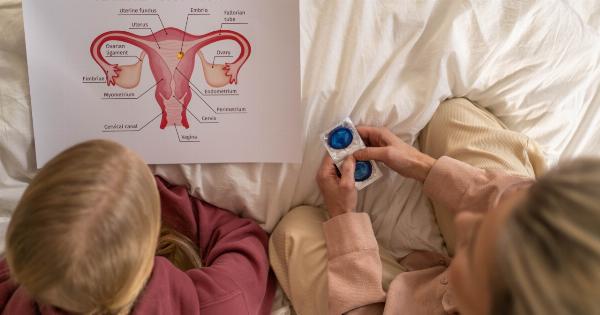Gynecologists are specialists who deal with various issues related to the female reproductive system, including contraception. Contraceptive methods are essential in family planning and preventing the spread of sexually transmitted infections.
However, there are concerns among gynecologists regarding the use of some contraceptive methods.
Hormonal Contraceptives
Hormonal contraceptives such as pills, patches, and rings are among the most commonly used contraceptive methods. However, there are concerns regarding the possible side effects such as irregular bleeding, weight gain, and mood changes.
Some gynecologists also worry about the effects of long-term use of hormonal contraceptives on fertility.
Intrauterine Devices (IUDs)
IUDs are small devices that are inserted into the uterus to prevent pregnancy.
While IUDs are highly effective, some gynecologists are concerned about the possible risks such as perforation of the uterus during insertion or removal and increased risk of pelvic inflammatory disease among women with multiple sexual partners.
Barrier Methods
Barrier methods such as condoms and diaphragms are effective in preventing pregnancy and the spread of sexually transmitted infections.
However, some gynecologists are concerned about the possible decrease in pleasure during sexual activity due to the use of these methods.
Natural Family Planning
Natural family planning involves tracking ovulation and abstaining from sexual activity during the fertile period.
While this method is free from side effects and does not require any artificial intervention, some gynecologists are concerned about its effectiveness. It requires a high level of commitment and accuracy to be effective.
Sterilization
Sterilization, either through tubal ligation or vasectomy, is a permanent form of contraception.
While this method is highly effective, some gynecologists are concerned about the possible regret among women who undergo sterilization at a young age or before having children.
The Role of Gynecologists
Gynecologists have a crucial role in helping women choose the most appropriate contraceptive method. They need to consider various factors such as the woman’s age, medical history, lifestyle, and personal preferences.
Gynecologists should also provide adequate information about the benefits and risks of each method to enable women to make informed decisions.
Conclusion
Contraceptive methods play a vital role in family planning and preventing the spread of sexually transmitted infections.
While there are concerns among gynecologists regarding some methods, it is essential to weigh the benefits and risks of each method and choose the most appropriate one. Gynecologists have a significant role in helping women make informed decisions about contraception.






























